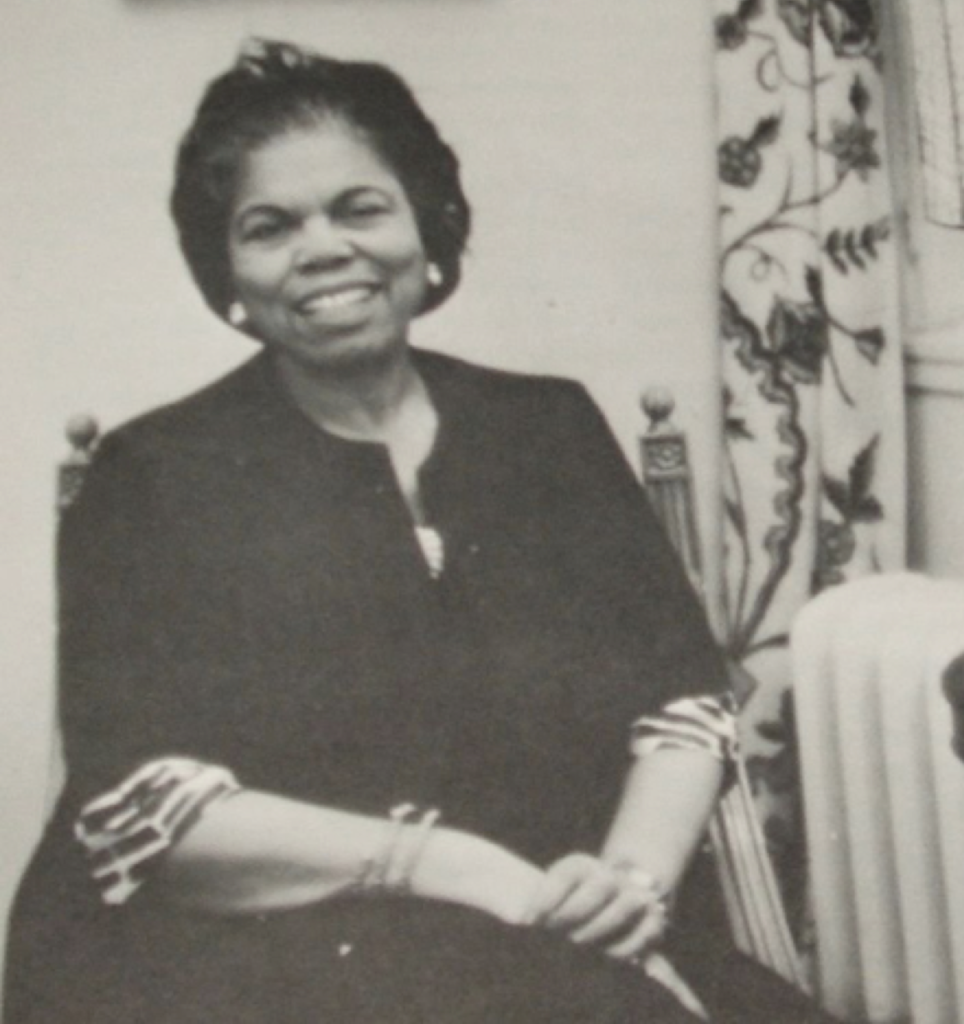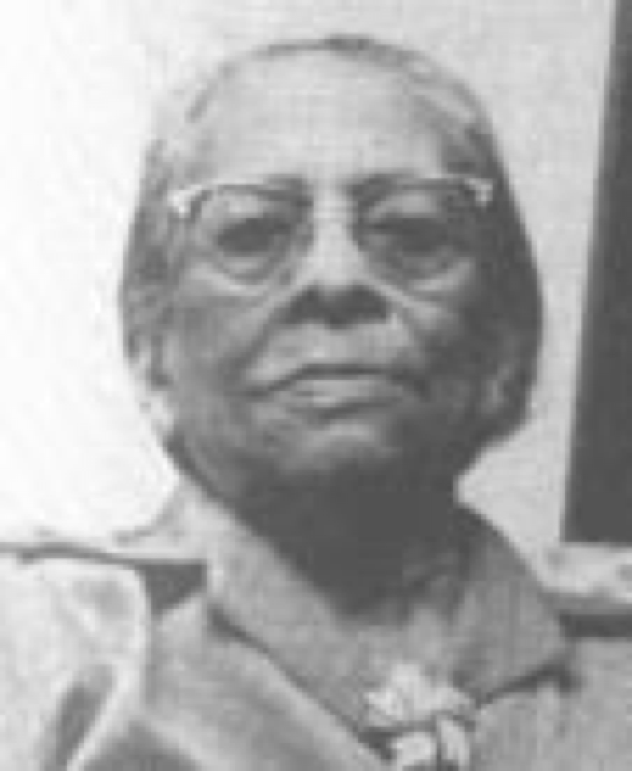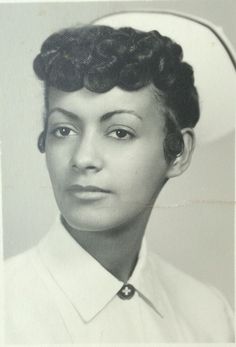Nurses are oftentimes unsung heroes that are left in the shadows of doctors who get much of the credit.
Well, not today.
The group of nurses featured below left a beautiful mark on the history of healthcare that could never be erased. Many times, in the face of adversity, these women gave their all to their patients and careers, often behind the scenes and without recognition. That’s why WE honor them. We have seen their effort and their history-making triumphs that have laid the groundwork for many nurses today. Take a look below at just some of the most groundbreaking nurses throughout history.

7. Estelle Massey Osborne
Born in 1901, Estelle Massey Osborne became the first Black woman to earn a master’s degree in nursing. But this isn’t the only fact that distinguishes her. Throughout her career, Osborne dedicated herself to improving the options available to Black nurses across the country. Her goal was to ensure that Black nurses received just as high-caliber an education as their white counterparts.
In 1943, Osborne became a consultant for the National Nursing Council for War Services and helped get the color ban lifted from nursing in the US Army and Navy. She also assisted in almost doubling, within two years, the number of training schools that would accept Black students.
Then in 1945 she became the first Black member of New York University’s teaching faculty and used her position to continue to fight for Black nurses’ rights. Osborne’s legacy lives on in the form of the Estelle Massey Osborne Scholarship for registered Black nurses interested in studying a nursing master’s degree full-time.

6. Jessie Sleet Scales
Another pioneering African-American nurse was Jessie Sleet Scales, who in 1900 became America’s first Black public health nurse. Trained in Chicago, Scales moved to New York and, after trying unsuccessfully for months to find a job, became a district nurse for the Charity Organization Society.
Scales was originally hired to deal with tuberculosis in the city’s Black community, which had few healthcare options and a deep-seated resistance to formal medical care. Her work quickly expanded to include everything from childbirth and chicken pox to heart disease and cancer. Her workload was staggering: As she outlined in a 1901 article for the American Journal of Nursing, her caseload in a single two-month period included 156 calls on 41 families.
Scales’ work inspired other organizations to hire Black community health nurses, some of whom were selected on her recommendation. She was a pioneer in what we now call culturally appropriate care.
RELATED: The Black Male Nurse: Why We Need And Celebrate You

5. Lillian Holland Harvey
Registered nurse Lillian Holland Harvey is best known for her work in education. She became Dean of Tuskegee University School of Nursing in 1948 and held the position for nearly 30 years. During her time as Dean, Harvey was pivotal in establishing and offering Alabama’s first Bachelor of Science degree in nursing. The program offered students a strong education, complete with hands-on hospital experience – both locally and out of state.
Harvey believed that everyone deserved professional acknowledgment, regardless of his or her background. Even the harsh segregation rules of the 1940s didn’t deter her, and she went on to achieve a number of honors. Harvey’s graduates say that she








